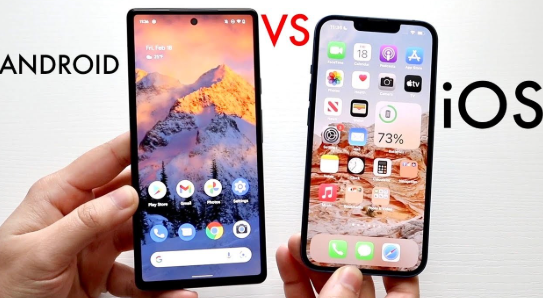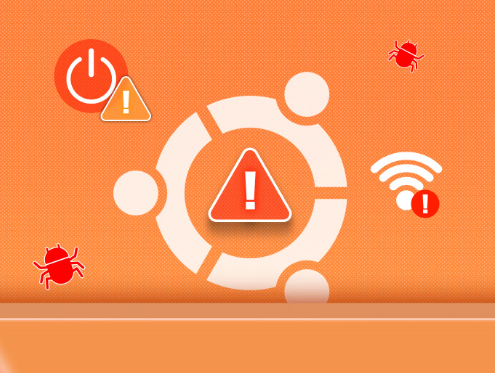
Android vs iOS | Mobile Operating Systems Explained
Mobile operating systems (OS) are the heart and brain of our smartphones, controlling everything from app performance to system security. Among all mobile OS platforms, Android and iOS dominate the market, each offering unique advantages and features. This blog explores their architecture, app ecosystems, privacy controls, and more—so you can understand how your phone really works, and which OS suits your lifestyle best.
1. What is a Mobile Operating System?
A mobile operating system is software that allows smartphones, tablets, and other mobile devices to function. It manages hardware resources, provides a user interface, and supports applications. Popular mobile OS platforms include:
- Android by Google
- iOS by Apple
- (Others include HarmonyOS and KaiOS, but they’re niche or region-specific)
2. Architecture of Android vs iOS
Android Architecture:
- Linux-based Kernel: Android uses a modified Linux kernel.
- Libraries & Runtime: Includes Android Runtime (ART) and core libraries like OpenGL, WebKit.
- Application Framework: Manages UI, resources, content providers, etc.
- Apps Layer: All user apps including system apps like Dialer, Messages.
iOS Architecture:
- XNU Kernel (Hybrid): Combines Mach and BSD kernel elements.
- Core OS: Handles security and power management.
- Core Services: Includes frameworks like CloudKit and CoreData.
- Media Layer: Handles audio, video, and graphics rendering.
- Cocoa Touch: UI controls, multitouch support, gesture recognition.
Want to know how this all fits into the bigger picture? Read Functions of an Operating System.
3. App Ecosystem and Store Management
Android (Google Play Store):
- Offers a wide variety of apps.
- More open submission policies.
- Allows installation of third-party apps (APK files).
iOS (App Store):
- Highly curated for quality and safety.
- No support for third-party app stores without jailbreaking.
- App updates are tightly managed.
Tip: If you’re a developer, Android gives more freedom; for users, iOS offers tighter quality control.
4. Privacy and Security Features
iOS:
- Better control over app permissions.
- On-device processing for features like Face ID.
- Frequent security updates delivered directly by Apple.
Android:
- Granular permission control in newer versions (especially Android 12+).
- Google Play Protect scans apps for malware.
- Security patches may be delayed depending on the device brand.
Interested in more about security software? Check out What is Utility Software?.
5. Ecosystem Integration
iOS (Apple Ecosystem):
- Seamless sync with Mac, iPad, Apple Watch, AirPods.
- iCloud, AirDrop, Continuity, Handoff features.
Android (Google Ecosystem):
- Integration with Gmail, Drive, YouTube, Assistant.
- Works well with Windows and Google-powered smart home devices.
Want to compare OS ecosystems in detail? Visit Windows vs macOS vs Linux.
Final Thoughts: Which OS Should You Choose?
| Feature | Android | iOS |
| Customizability | High | Low (more controlled UI) |
| Device Choices | Wide variety of manufacturers | Limited to Apple devices |
| App Store Policy | Flexible | Strict and secure |
| Security Updates | Varies by device | Consistent across devices |
| Ecosystem | Google/Smart Home focused | Seamless Apple device integration |
If you want freedom and variety, go with Android. If you prefer security and a premium ecosystem, choose iOS.


